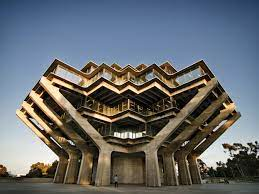It is not surprising that architects are re-evaluating the impact of buildings on our mood, given how many people choose to live in urban areas.
Winston Churchill stated in 1943 that we shape the buildings and they shape us. In the last 70 years, neuroscientists and psychologists have found a variety of evidence that supports this claim. How does architecture influence our mood?

Our Brain and Mood
Cities and buildings influence our mood. The hippocampal region of our brain contains cells that are tuned to the geometry and arrangement of the places we live in.
Urban architects, however, have not paid much attention to the cognitive effects that architecture can have on city residents. It is more important to design something unique and individual than other factors, like how it might influence the behaviour of the people living around it. Thankfully, this could be about to shift. For a Monmouth Architect, go to hillsandcompany.co.uk
Conscious Cities
Psychological studies have helped us to better understand what types of urban environments people find enjoyable and stimulating. The Conscious Cities Conference in London was a discussion on how cognitive scientists can share their discoveries and knowledge with architects. It brought together psychologists as well as neuroscientists, architects, engineers, and designers, who rarely interact in the real world. Scientists believe that they can help designers to justify the importance of good design and craftsmanship, creating a powerful collaboration which will transform the standards in the built environment.

Recent psychological studies have helped us better understand urban environments and how they affect people. The studies have used wearable devices that monitor physiological responses as well as smartphone applications that question emotional states and headsets which measure brain activity and emotion.



